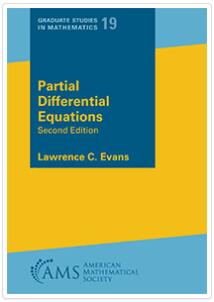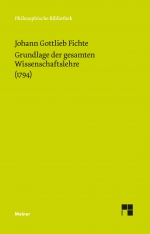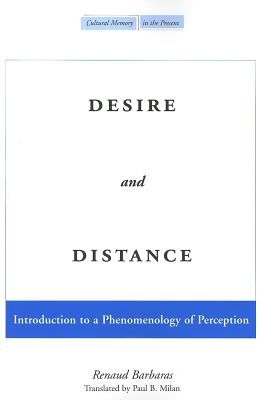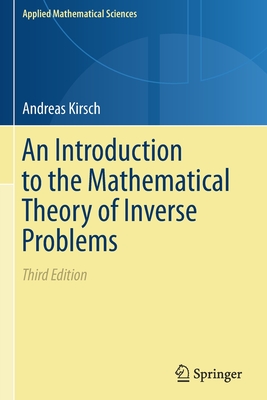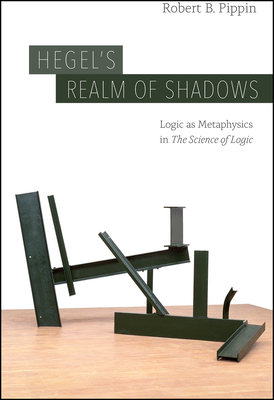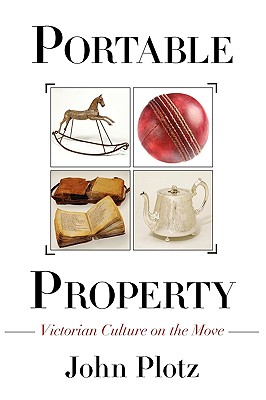
Portable Property:Victorian Culture on the Move
流动财产:维多利亚时代的流动文化
文学理论
¥
313.00
售 价:
¥
250.00
优惠
平台大促 低至8折优惠
发货周期:预计8-10周
作 者
出版时间
2009年12月13日
装 帧
平装
页 码
288
开 本
9.00 x 6.00 x 0.50
语 种
英文
综合评分
暂无评分
- 图书详情
- 目次
- 买家须知
- 书评(0)
- 权威书评(0)
图书简介
What fueled the Victorian passion for hair-jewelry and memorial rings? When would an everyday object metamorphose from commodity to precious relic? In Portable Property, John Plotz examines the new role played by portable objects in persuading Victorian Britons that they could travel abroad with religious sentiments, family ties, and national identity intact. In an empire defined as much by the circulation of capital as by force of arms, the challenge of preserving Englishness while living overseas became a central Victorian preoccupation, creating a pressing need for objects that could readily travel abroad as personifications of Britishness. At the same time a radically new relationship between cash value and sentimental associations arose in certain resonant mementoes--in teacups, rings, sprigs of heather, and handkerchiefs, but most of all in books.
Portable Property examines how culture-bearing objects came to stand for distant people and places, creating or preserving a sense of self and community despite geographic dislocation. Victorian novels--because they themselves came to be understood as the quintessential portable property--tell the story of this change most clearly. Plotz analyzes a wide range of works, paying particular attention to George Eliot’s Daniel Deronda, Anthony Trollope’s Eustace Diamonds, and R. D. Blackmore’s Lorna Doone. He also discusses Thomas Hardy and William Morris’s vehement attack on the very notion of cultural portability. The result is a richer understanding of the role of objects in British culture at home and abroad during the Age of Empire.
本书暂无推荐
本书暂无推荐


